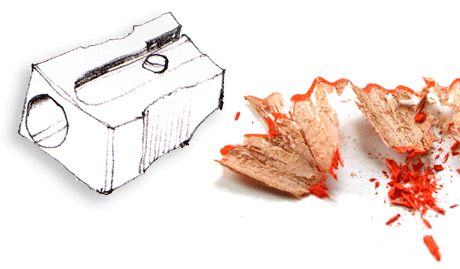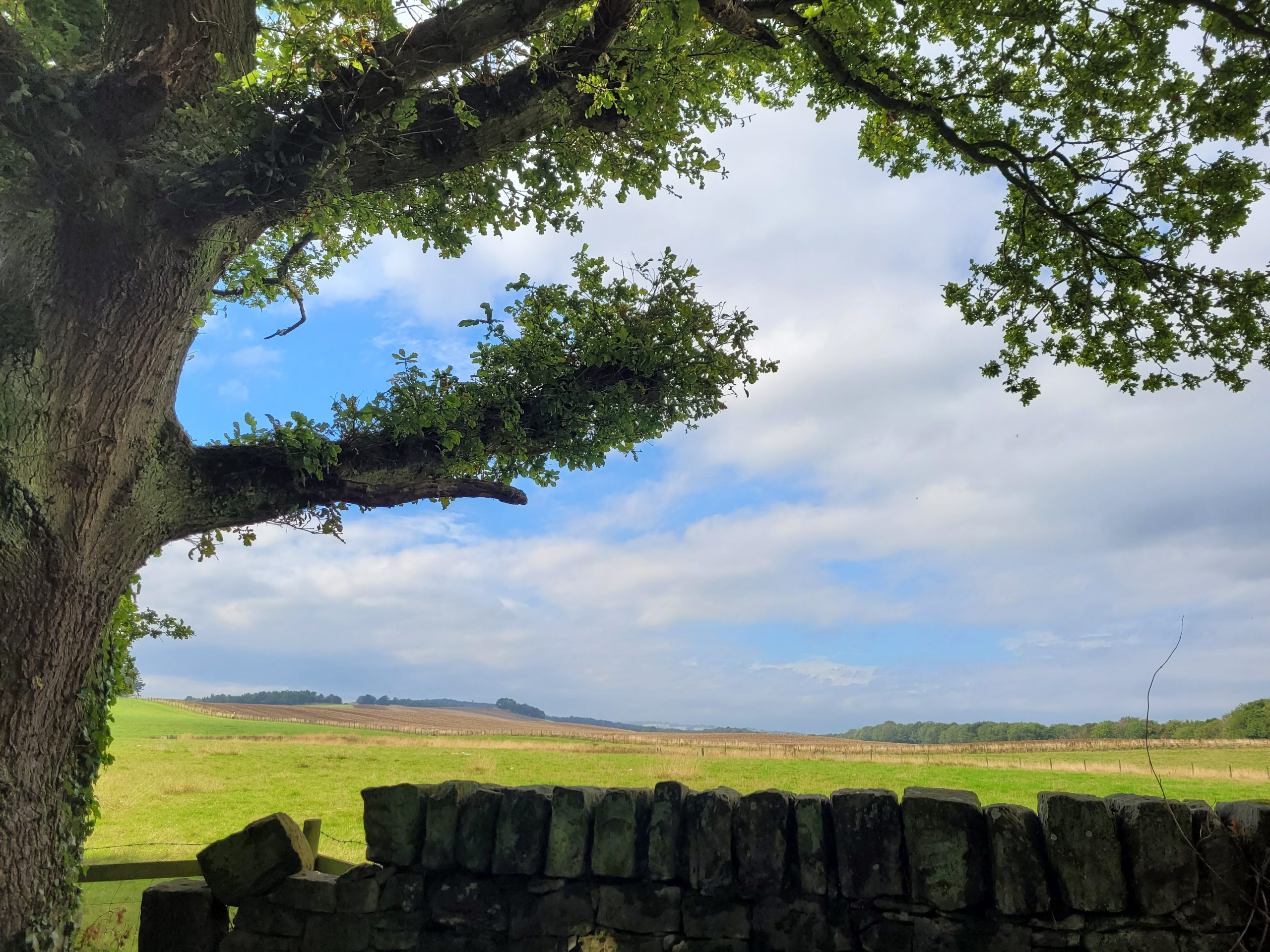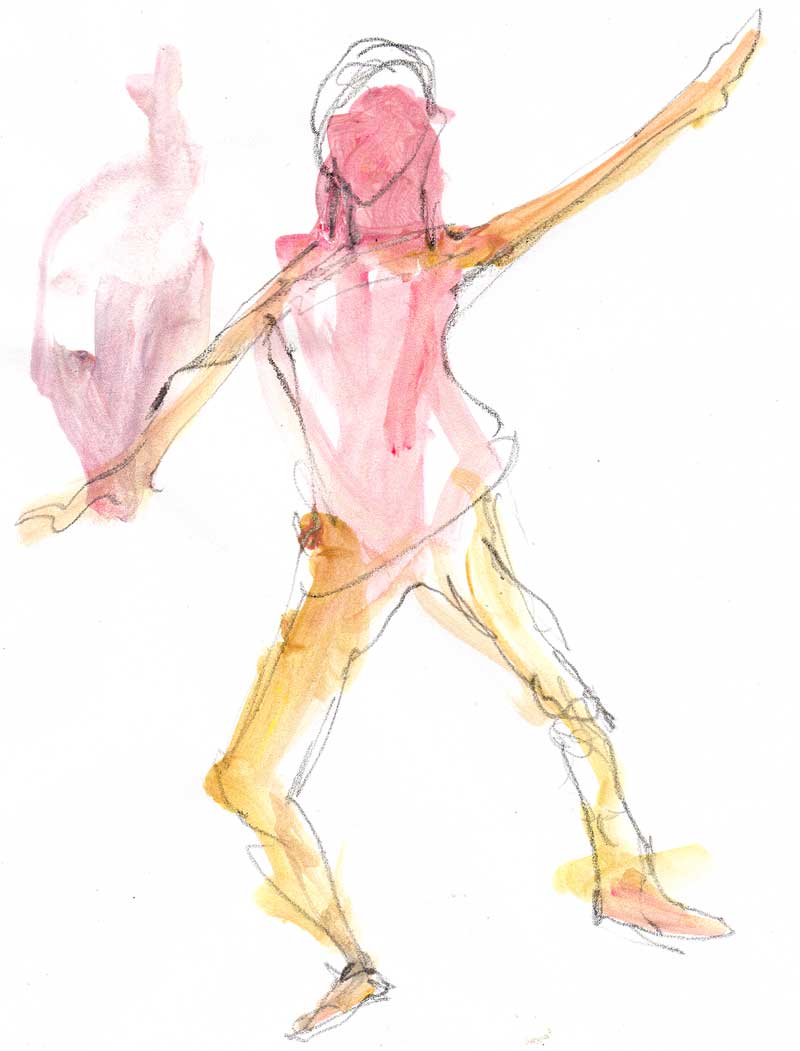It's politics time again in this country - a.k.a. The Battle of Whose Morals Are the Worthiest - which means it's time to sit back and watch as generations-old biases and insults and slogans get hurled at us from all corners.
Plus ça change... If, like me, you prefer to stand back and view the electioneering spectacle as some sort of low-grade 'entertainment' sport of the morally decent 'good' vs 'EVIL', rather than holding out in the hope of actually hearing anything more highbrow and nuanced, subtle and greyscale, you might enjoy this.
Quite aptly, I found
this, from a good vintage book I am currently browsing,
How To Speak and Think Correctly (1939), by C.E.M. Joad:
(The book, by the way, is wonderfully of its time: early 20th century in style, firm, didactic, fastidious, full of plenty commas.)
"NEED FOR A MENTAL SPRING-CLEANING
Some habits of thought, therefore, we must have. But because they are essential we must not be led into supposing that they are foolproof. Periodically we should take them out and examine them, brush the dust off them, and see that they are still useful. An annual mental spring-clean would make the world a far healthier place than any amount of domestic spring-cleaning.
Such a procedure, requires courage and determination, but it must be adopted if we wish to clear our minds of useless lumber and turn them into efficient storehouses of knowledge.
As a first step we must teach ourselves to examine all the catchphrases and slogans that we use so freely, and on which our habits of thought are crystallized.
Slogans and catch-phrases exert a tremendous influence, which is of course, why they are used. The French and the Russian revolutions were both carried through on slogans, the former on "Liberty, Equality and Fraternity," the latter on "All Power to the Soviets."
Today there is not an election to a parish council or to the House of Commons that is not fought on a slogan. "Peace, Retrenchment and Reform," "Socialism in our Time," "A Living Wage," "Down with the Means Test," and so on, serve to remind us of how slogans control our political lives.
By no means all slogans are false, but many are false and all are dangerous. They are dangerous in that being the expression of habits of thought they usually have no basis in reason. They are accepted not because we have examined arguments for them and have found them to be true but because we have taken them ready made from our environment. In that sense then, they are as irrational as the decisions which they prompt and the actions they promote.
Why is it then, that slogans exercise such a fascination for us? Until we know the answer we cannot hope to break ourselves of their fascination nor free our minds from the paralysis they bring in their train.
In the first place, as we have noted, slogans are frequently no more than the verbal manifestation of our habits of thought. For this reason alone they are accepted without question. "Here," we would say in effect, "is something I have always believed."
In the second place, they are usually expressed shortly and succinctly and their meaning is easily grasped. This makes them easy to understand and easy to remember. They "catch on" with the greatest of ease and, as we have already seen, any idea that we can grasp easily and distinctly, we are prone to accept as true. A slogan fulfils those conditions: it presents us with a simple clear-cut idea.
In the third place, they are commonly designed to appeal to our self-interest, to our pride and to our emotions. As I have pointed out in previous chapters, these factors have a greater influence on conduct than does reason.
In the fourth place, slogans are constantly repeated. This in itself would be enough to ensure their acceptance, for everyone is immensely suggestible. I deal with this problem later.
SLOGANS IN POLITICS
Here then, are a number of reasons why slogans are popular, why in fact, every advertiser, and every political agent uses them. Slogans, indeed, are a political necessity. Without them no political party or cause would stand a remote chance of success. With a good slogan, on the other hand, the most unlikely cause may be carried to victory, for a good slogan wins popular support.
It is useless to expect sustained and close attention from political audiences. They do not wish to think: they wish to have their thinking done for them. The attitude is understandable. Every branch of human affairs requires special study for its proper understanding. Politics are no exception: yet few people have time or energy to devote to the subject after their work is done, and in any event, politics are concerned with things which touch people's pockets and pride too closely to permit them to study them calmly.
What people crave at political meetings are high-sounding phrases and simple ideas simply expressed.
It would be ridiculous to suppose that the Russian revolution was carried through without the support of the great majority of Russians. It would be equally ridiculous to suppose that a handful of Marxist theorists had succeeded in explaining the intricate political theory of Communism to this vast mass of uneducated people and won their support for it. In fact, the theorists were also acute political agents and they won the necessary support by their clever use of slogans. "All Power to the Soviets," "Peace and Bread," "The Land for the People," were some of them.
A dislike of hard thinking, a preference for the simple, easily understood idea may be natural, but it is also dangerous. It can, and frequently does, lead us into the most absurd errors. Whenever we are brought up against a complex idea, we seek to find a simple expression for it. Thus we describe Freud as a man who says "Everything is sex," Einstein as a man who says "Everything is relative." Similarly we think of Socialism as an attempt to make "every one equal."
Not only do we do this with ideas: we also do it with people. Thus "X is an honest man" and we vote for him. "Y is a squandermaniac" and we vote for him. The clearest illustration of our habit of giving labels to people is perhaps to be found in our simplified conception of historical characters. Thus John was a "bad" king, Richard I was a "brave" king, Henry VIII and Charles II were "gay" kings.
These labels are very convenient: they fit things together and give us simple, orderly pictures. In fact, of course, they distort history most gravely; yet whenever we come across people who remind us that John had good points as well as bad, that Richard I was stupid as well as brave, that both Henry VIII and Charles II were intelligent as well as gay, we tend to be indignant and to protest that they are hair-splitting or that they are being too clever. We may even go so far as to say that they are distorting history.
Despite the fact that we all know how impossible it is adequately to sum up a person's character in one word, we nevertheless all attempt it.
Ideas that require five or six hundred words for their adequate statement are dismissed glibly in three or four. Most advocates of protective tariffs have usually found it very much more effective to say very simply: "Make the foreigners pay" than to attempt an explanation of fiscal economy.
...
I repeat, we are lazy and we prefer simplicity, however false, to the complexity of truth."
***
The next chapter of this thought-provoking book then goes on to say
expressly that the more we are fed a slogan in the public limelight - often
ad nauseam over the airwaves - the more we are likely to believe it;
regardless of how true it is.
!
"Fairer..." "Stronger...." "Better..." "Equal..." "For all..." "A vote for change" - easy to come up with for a poster or the side of a bus, but what exactly does it really
mean?
That said, slogan-words are easy to come up with, and of course, they must fit easily and memorably onto a leaflet or campaign poster for the vast and diverse electorate, with their varying degrees of interest in political affairs, to be able to digest and absorb.
However, I note on the radio and television politicians of
all parties harping on with the same old silly mantras and catch-phrases of their 'side' - without being challenged on the veracity of those ideological mantras. Couldn't they step out of the ideological glass boxes for a moment and put their age-old party biases aside, and talk of the true complexity of the issues?
Of figures? Of potential risks and unknowns? Is there any such thing as absolute 'right' and 'wrong' anyway? One man's 'fairer' could just as well be another man's 'unfair'. There is not much rational debate around this most fundamental concept, is there? - just facile 'debate' reduced to tired-sounding petty grievances with 'the other lot'.
Well. Far be it from me to say which political party's SLOGAN is going to be a winner, but can we safely assume that they're all equally as lazy/bad/nonsensical??
Now, let's sit back and enjoy the final week of this debacle......
PS. As an aside, I have noted that during at least the past two, possibly three, general election campaigns, at least one political commentator writing in the newspapers has decried, "This has been a long and boring election campaign." - and I tend to agree. But -
LONG AND BORING. LONG AND BORING. Wait. It is the political commentators' slogan of choice!! Perhaps when they don't know what to write. [Well, what else did you expect? Short, snappy and surprising?] Again, plus
ça change.
Annie






